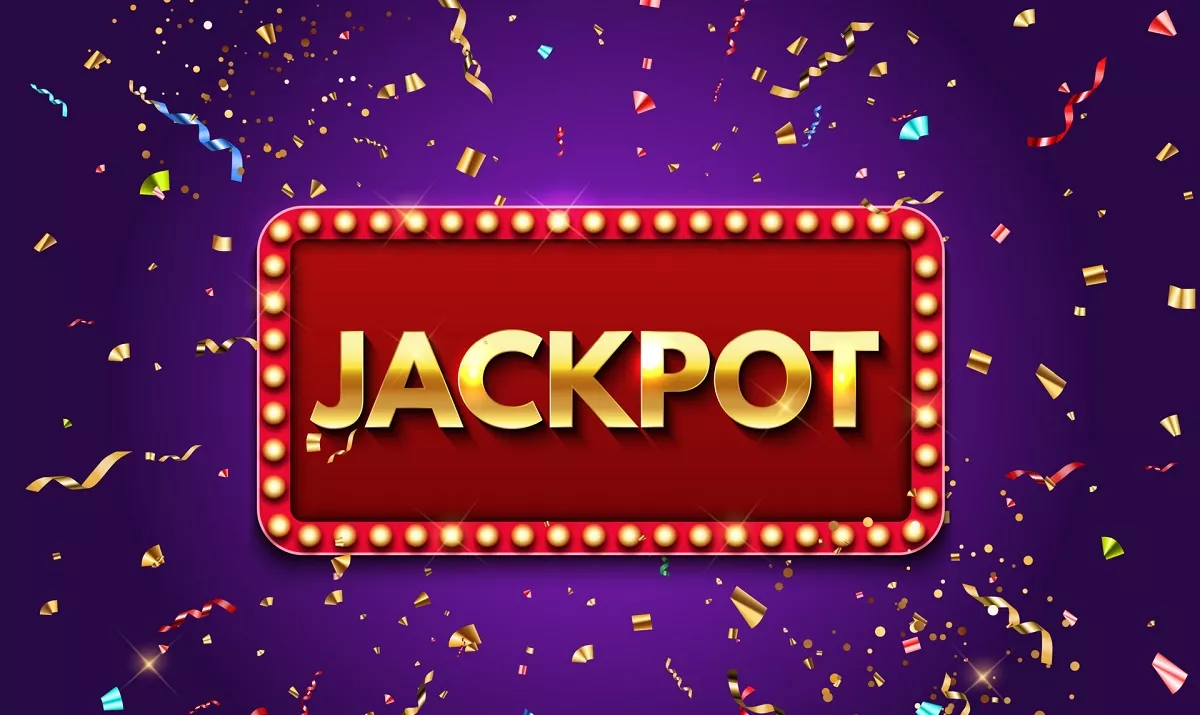The global online gambling market exceeded $100 billion by the end of 2024. The sharp rise in competition, massive turnovers, and easy access to gaming platforms have created a demand not only for convenience but also for security. Why do online casinos need a license? The answer lies in the fundamental role of law and supervision. In a world where playing poker or roulette becomes a transnational deal, guarantees are necessary: compliance with standards, honesty of the random number generator (RNG), payout returns, and transparency. Licensing creates precisely such a coordinate system. Without it, there is chaos, risk of losses, and no way to protect one’s funds.
Regulation and Legal Protection: When Law Becomes a Shield
Online gambling is regulated at the jurisdiction level. State and independent regulators establish rules under which licensed casinos operate. For example, the British UKGC (United Kingdom Gambling Commission), the Maltese MGA (Malta Gaming Authority), and the Curacao regulator GCB are the three largest bodies overseeing platform activities. A casino license is issued only after a strict verification process: the operator must provide financial reports, evidence of stability, data protection schemes, verification procedures, and a list of software used. A platform operating without a certificate does not adhere to these rules. No international body monitors payouts, RTP, or verification. The player is left without a legal tool. Therefore, the importance of a license for players is not just a declaration but legally confirmed protection of interests.

Technical Checks and Audits: Why Online Casinos Need a License
 Licensed casinos use certified RNGs – random number generators that have undergone audits by independent laboratories. eCOGRA, iTech Labs, GLI are well-known auditing companies that verify the operation of a slot machine or live roulette for compliance with the declared RTP. For example, a slot with a theoretical return of 96.12% over 10 million spins should show a real return within an acceptable range.
Licensed casinos use certified RNGs – random number generators that have undergone audits by independent laboratories. eCOGRA, iTech Labs, GLI are well-known auditing companies that verify the operation of a slot machine or live roulette for compliance with the declared RTP. For example, a slot with a theoretical return of 96.12% over 10 million spins should show a real return within an acceptable range.
An unlicensed platform can change parameters at any time. Remote interference in software or odds manipulation is a common occurrence in illegal systems. Why do online casinos need a license: the certificate obliges the operator not only to report on technical characteristics but also to prove them in practice, during regular inspections. Such transparency eliminates fraud and strengthens trust.
Financial Integrity: Where Reputation Boundaries Lie
A casino’s rating is formed not only by reviews but also by the speed and transparency of payouts. Licensed casinos adhere to AML (Anti-Money Laundering) and KYC (Know Your Customer) standards and maintain financial reporting. This means that a player’s funds are separated from the company’s operational accounts, transactions are protected by banking protocols, and the regulator monitors financial violations. Fraudulent schemes without a license end in an account block, payment refusal, account deletion, or complete loss of funds in 9 out of 10 cases. Why do online casinos need a license? To guarantee the player that no transaction will disappear into thin air.
How to Check an Online Casino License and Why It’s Needed: 1-Minute Guide
Before registering, it is recommended to ensure the presence of a valid permit. The process does not require special knowledge, you need to:
- Go to the website footer and find a mention of the regulator.
- Click on the license logo (e.g., MGA or UKGC).
- Make sure the link leads to the official regulator’s website.
- Find information about the operator: registration date, legal entity name, status (active).
- Compare the site’s URL in the registry and on the platform.
Any discrepancy is a signal of a fake or invalid permit. It is especially worth being cautious if the footer indicates “Curacao” without a license code or a reference to a specific jurisdiction. A license is a specific record in the database, not just a nice icon.
Types of Licenses: Breakdown with Examples
Jurisdictions differ in the level of protection and the scale of requirements. To understand the licensing structure, here is a table of the main types:
- UKGC (United Kingdom) – the strictest control. Requires the implementation of responsible gaming mechanisms, full identity verification, and transparent payouts.
- MGA (Malta) – Europe’s gold standard. Issues licenses only to operators with a permanent legal address on the island and stable accounts.
- Curacao – an accessible but less protected jurisdiction. Some sub-licenses are formal, but the GCB licenses of 2024 raise the level of supervision.
- Isle of Man – a premium license with international banking control.
- Gibraltar – mainly used by large brands with turnovers exceeding $50 million per year.
Each regulator has unique requirements. Therefore, licensed casinos often choose a jurisdiction based on their business model and operating region.
Advantages of Playing on a Licensed Service: Protection, Stability, Transparency
Why do online casinos need a license and what is it – a key asset in the operator’s long-term strategy. The certificate provides:
- Access to major providers (NetEnt, Pragmatic Play, Evolution).
- Integration with payment systems Visa, MasterCard, Revolut, crypto wallets.
- Player balance protection in case of operator bankruptcy.
- Participation in international arbitrations in disputed situations.
- Commitments to refund in case of software failures or RTP errors.
For players, this means not just comfort but confidence that the rules will be followed. The regulator monitors the operator’s behavior, conducts audits, issues directives. In case of breach of conditions, the license is revoked, and site access is blocked.
Support Service and Reputation: When the Response Solves Everything
Licensed casinos are required to maintain a 24/7 support service, train operators, and keep a log of all inquiries. Support must respond within 5 minutes in live chat and within 24 hours to email requests. Large platforms like LeoVegas, Mr Green, or PlayOJO use automated ticket processing systems and multilingual support.

Support in unlicensed projects often does not respond at all. Reputation suffers, ratings on monitoring platforms (e.g., AskGamblers, CasinoGuru) drop. Players lose trust. Why do online casinos need a license in this case – it serves as an indicator: the platform is accountable for its actions.
Conclusion
 The gaming industry does not tolerate chaos. Where money and algorithms determine the outcome, control is not a luxury but a necessity. Why do online casinos need a license? To create a transparent environment where every participant knows the rules. For players, it guarantees protection, fund returns, and fair software. For operators, it enables legal operation, growth, and reputation preservation. For regulators, it is a tool for shaping a mature market.
The gaming industry does not tolerate chaos. Where money and algorithms determine the outcome, control is not a luxury but a necessity. Why do online casinos need a license? To create a transparent environment where every participant knows the rules. For players, it guarantees protection, fund returns, and fair software. For operators, it enables legal operation, growth, and reputation preservation. For regulators, it is a tool for shaping a mature market.
 en
en  ru
ru  de
de  ar
ar  es
es  nl
nl  hi
hi  fr
fr  it
it  pt
pt  el
el 











